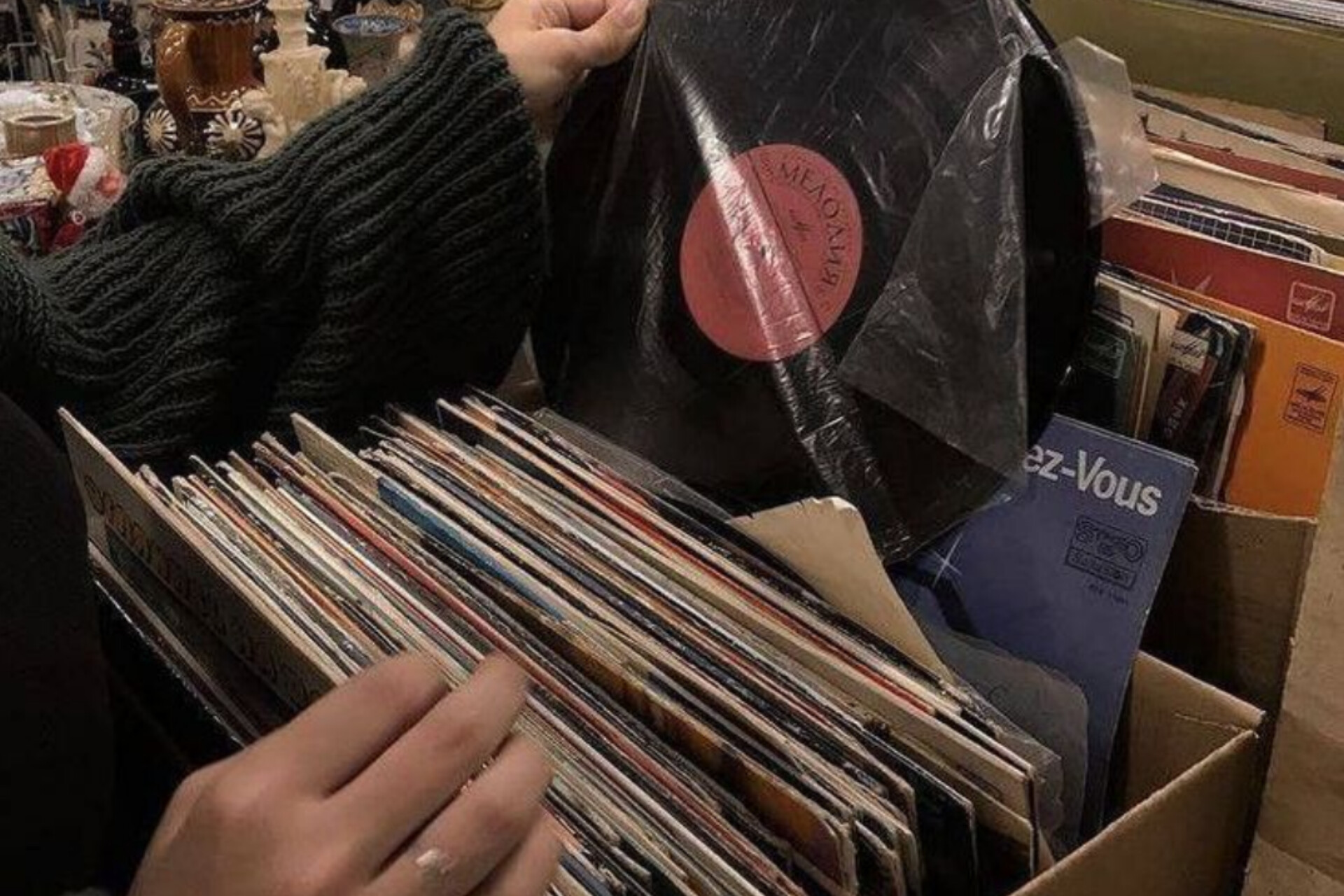
Have you ever heard an old song and suddenly found yourself transported back to your high school prom, complete with vivid memories of what you wore, who you danced with, and even the scent of your date’s cologne? It’s not just nostalgia at work, it’s your brain’s sophisticated memory system responding to one of the most powerful emotional triggers known to neuroscience. Music doesn’t just soundtrack our lives; it literally rewrites how our brains encode, store, and retrieve memories, creating some of our most vivid and lasting recollections.
The connection between music, emotion, and memory runs so deep that scientists now consider it one of the most fascinating intersections in cognitive research, with implications that reach far beyond simple nostalgia into the realms of learning, therapy, and personal development.
Understanding Musical Memory
When you listen to music, your brain becomes a symphony of activity across multiple regions simultaneously. The auditory cortex processes the sounds, while the limbic system—your brain’s emotional center—lights up like a Christmas tree. The hippocampus, your brain’s memory headquarters, doesn’t just passively record these experiences. It actively weaves the emotional content from the music directly into the fabric of whatever else you’re experiencing at that moment.
This explains why hearing your wedding song can bring back not just the visual memory of your first dance, but the physical sensations, emotions, and even peripheral details you thought you’d forgotten—like the way the lights dimmed or how nervous you felt before stepping onto the dance floor.
The Emotional Enhancement Effect
Music doesn’t just help us remember, it dramatically enhances the quality and detail of those memories. When we experience events accompanied by emotionally charged music, our brains essentially create what researchers call “flashbulb memories”—extraordinarily vivid, detailed recollections that seem to capture entire scenes with photographic clarity.
This happens because emotional arousal, whether from music or other sources, triggers the release of stress hormones like cortisol and adrenaline, which act as natural memory enhancers. They signal to the brain that whatever is happening right now is important enough to remember in high definition.
The Mood-Dependent Memory Connection
One of the most intriguing aspects of music and memory is the concept of mood-dependent recall. Research shows that we’re more likely to remember information when our current emotional state matches the emotional state we were in when we first learned it. Music provides a powerful tool for recreating these emotional states on demand.
How Different Genres Affect Memory
Not all music affects memory equally. The type of music, its tempo, emotional content, and personal significance all play roles in how effectively it enhances memory formation and recall.
Classical and Instrumental Music tends to enhance focus and detailed memory formation without the distraction of lyrics. The complex harmonies and structures seem to create rich neural pathways that support both emotional engagement and cognitive processing.
Upbeat, High-Energy Music can boost motivation and create strong positive associations with activities, but may sometimes interfere with detailed memory formation for complex information due to its stimulating nature.
Sad or Melancholic Music often creates the most profound and lasting emotional memories, possibly because sadness naturally slows down our processing and makes us more reflective and attentive to detail.
Personally Meaningful Music: songs associated with important life events, relationships, or periods—creates the strongest and most enduring memory connections, regardless of genre.
The Social Memory
Music’s memory-enhancing effects are amplified when experienced socially. Shared musical experiences create what psychologists call “collective memories”—recollections that are reinforced by multiple perspectives and emotional connections. This is why concerts, parties, and other musical gatherings often become cornerstone memories in our personal narratives.
The phenomenon explains why certain songs can instantly reconnect old friends or why hearing your high school’s fight song at a reunion can flood you with memories you’d thought were long forgotten. The combination of music, emotion, and social connection creates an incredibly powerful memory cocktail.

